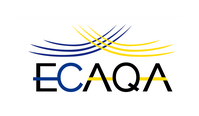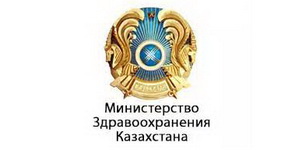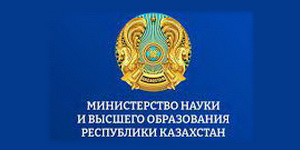About Accreditation for Students
What is accreditation? |
The word "Accreditation» (Latin ad + credere) means to provide something creditable and publicly acknowledge its worth in relation to external criteria and should be translated as «the trust". Accreditation: A self-regulatory process by which governmental, non-governmental, voluntary associations or other statutory bodies grant formal recognition to educational programmes or institutions that meet stated criteria of educational quality. Educational programmes or institutions are measured against certain standards by a review of written information, self-studies, site visits to the educational programme, and thoughtful consideration of the findings by a review committee. Whereas programmes or institutions are accredited, individual physicians are licensed or certified. (Wojtczak, A. (2003) Glossary of Medical Education Terms. AMEE Occasional Paper No 3. Dundee: AMEE) Accreditation is the public recognition awarded to Higher Education Institutions and Educational programmes that meet Institutional or Educational Programme Standards established by the Accrediting agency. The goal of accreditation is to ensure that students receive a quality education. |
The Type of Accreditation |
There are two types of accreditation:
The Institutional and Educational prgrammes accreditation is carried out according to the Law of the Republic of Kazakhstan "On Education" from 7/27/2007 No. 319-III (with Amendments 4/9/2016). |
Accreditation Standards |
Accreditation Standards establish basic and quality improvement levels of educational quality on which external evaluation and decision on accreditation are based. It should be provided evidence that accreditation standards have been met and fulfilled. ECAQA conducts an external evaluation of the Higher Education Institutions and Educational Programmes using internationally recognized WHO/WFME Guidelines for accreditation of medical education and Standards and Guidelines for Quality Assurance in the European Higher Education Area (ESG). ECAQA’s Standards for Institutional and Specialized/Professional accreditation are based on medical education and other health professions education specific standards such as:
|
Accreditation Process |
The accreditation process includes the following stages: submission the application form with brief information of the Higher Education Institution (HEI)/Educational Programme and completed database to the accrediting agency; access to accreditation; conducting of institutional/educational programme self-evaluation; preparation of an external expert commission to the site-visit and the site-visit at the HEI; decision on accreditation; fellow up activities- annually repost; re-accreditation. Accredited higher education institutions and educational programmes are periodically reviewed for re-accreditation to ensure quality standards are maintained. Re-accreditation should be after 5 years (full accreditation) to validate the status of accredited Higher Education Institution/Educational programme. |
Recognition and Public announcement of Decision on accreditation |
According to the Kazakhstan Ministry of Education and Sciences’ Order #629/Section4/Articles 16, 17, from November 1, 2016 the Accrediting agency’s decision on accreditation of HEI and its educational programmes should be posted on its web-site. In addition to that the summary of external evaluation report of HEIs and educational programmes should be submitted to the Ministry of Education and Science in order to be included on the National Registers: Register #2 (accredited higher education institutions) and Register # 3 (accredited education programmes) accordingly, and posted on the Ministry of Education and Science’ web-site. In order for completion of an accredited professional educational programme, students should go directly to the accrediting agencies’ website to verify that the required educational programme they are considering is listed as being accredited. |








